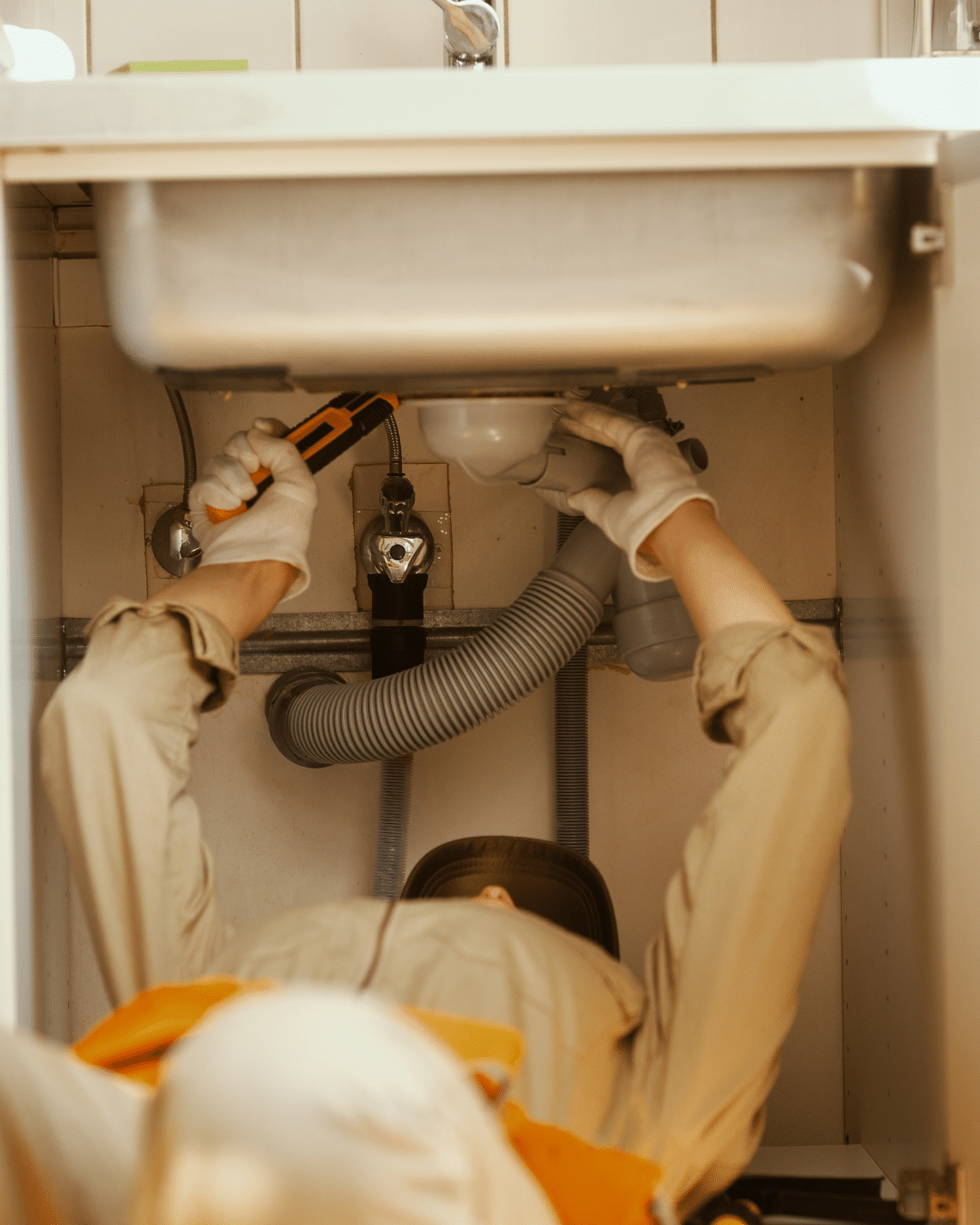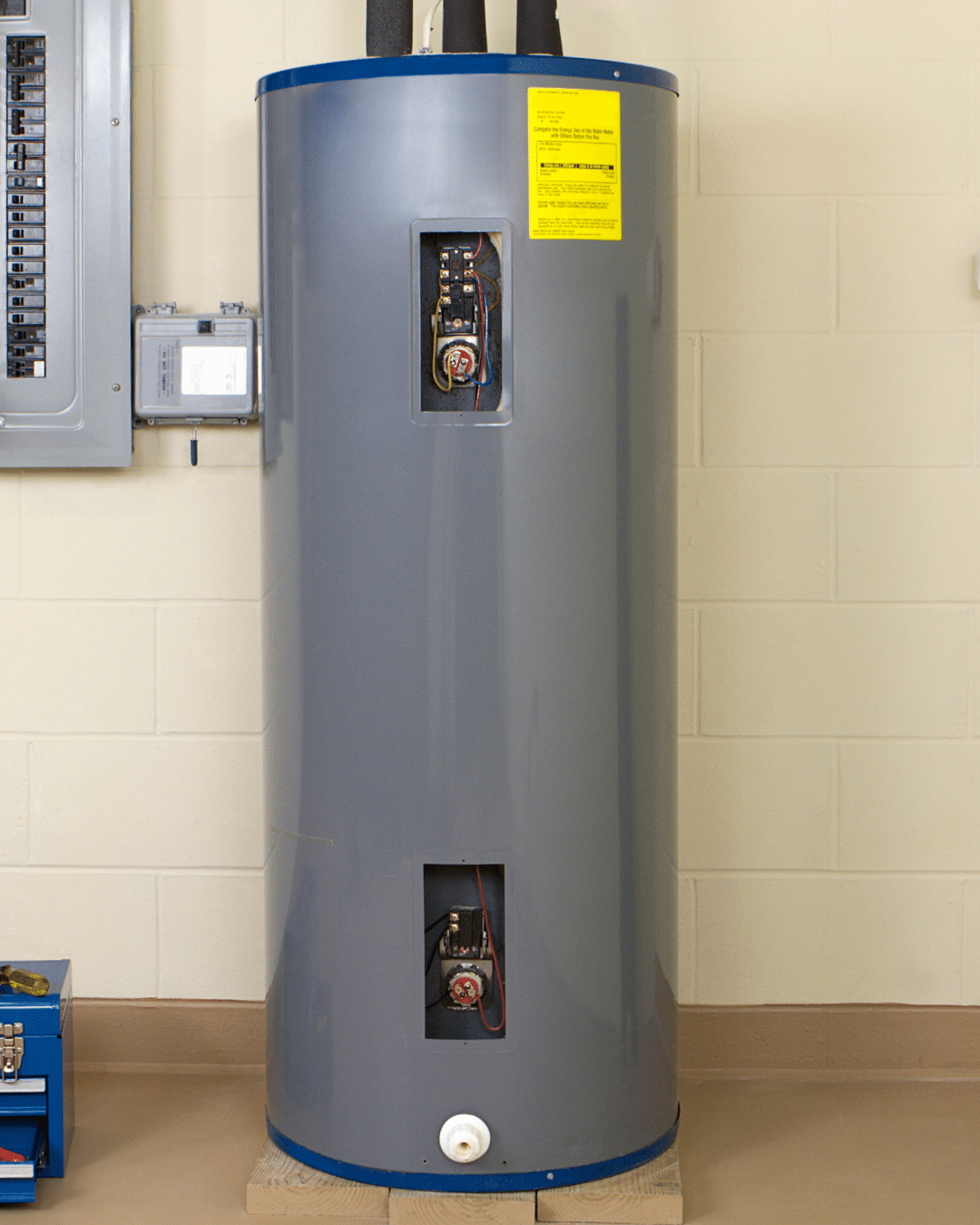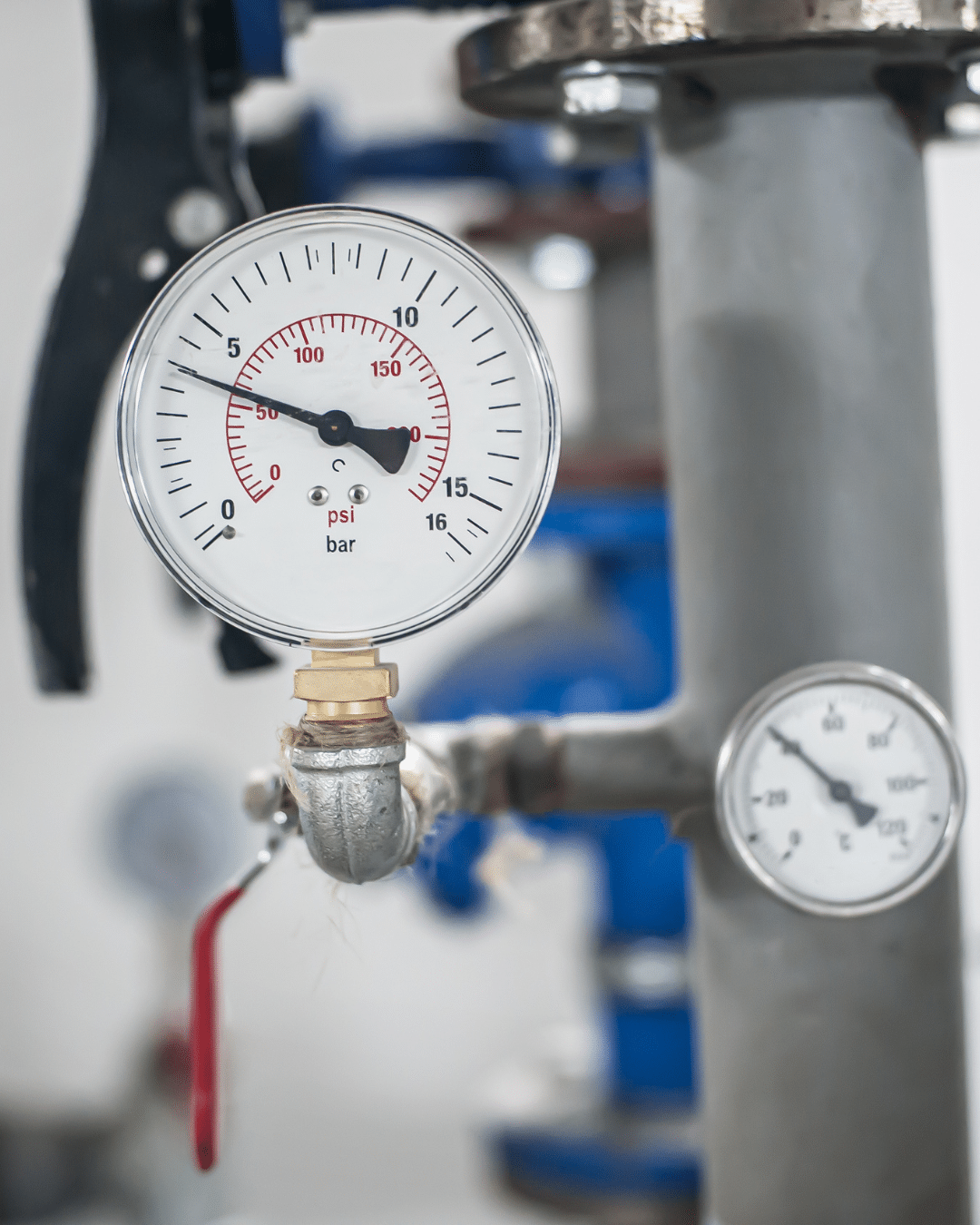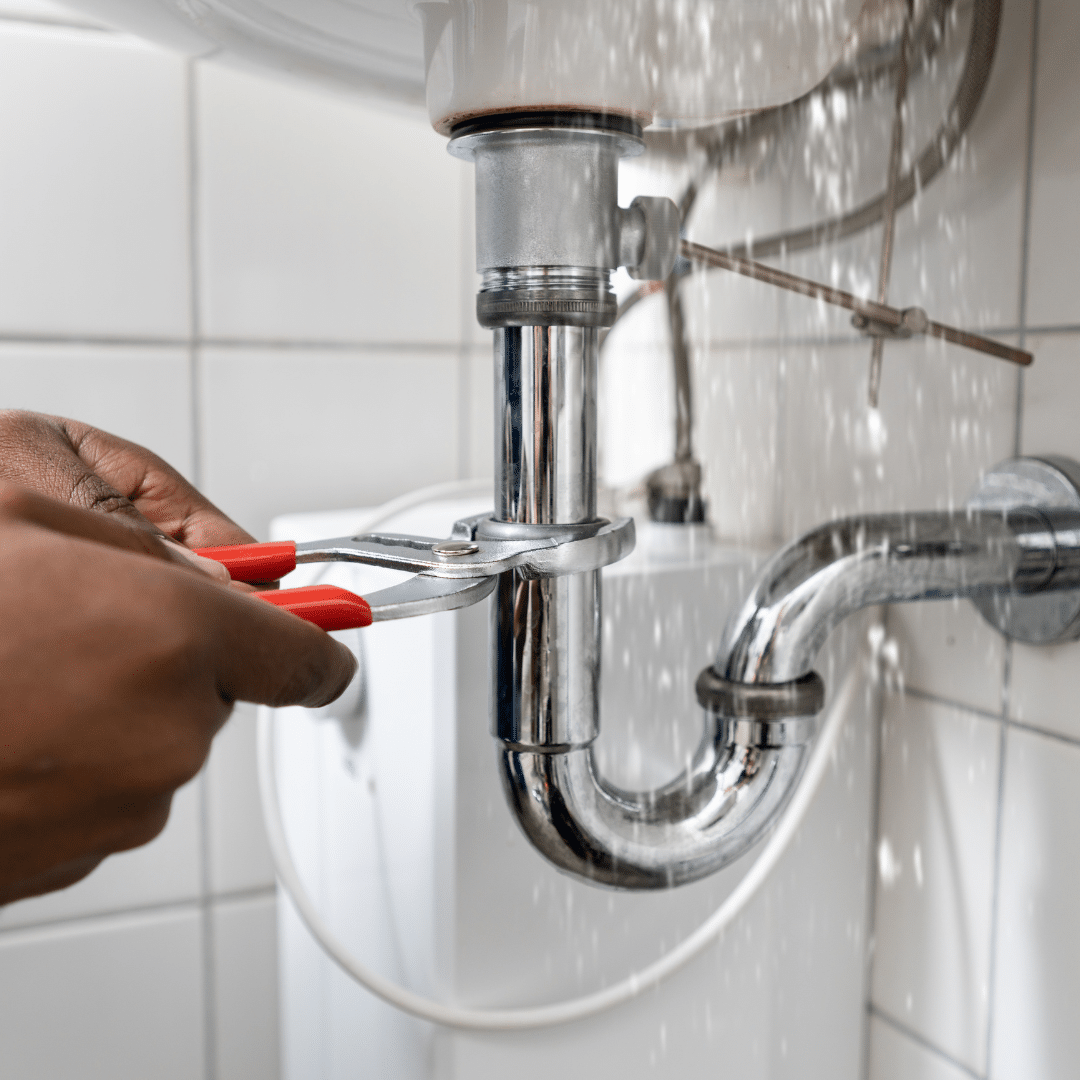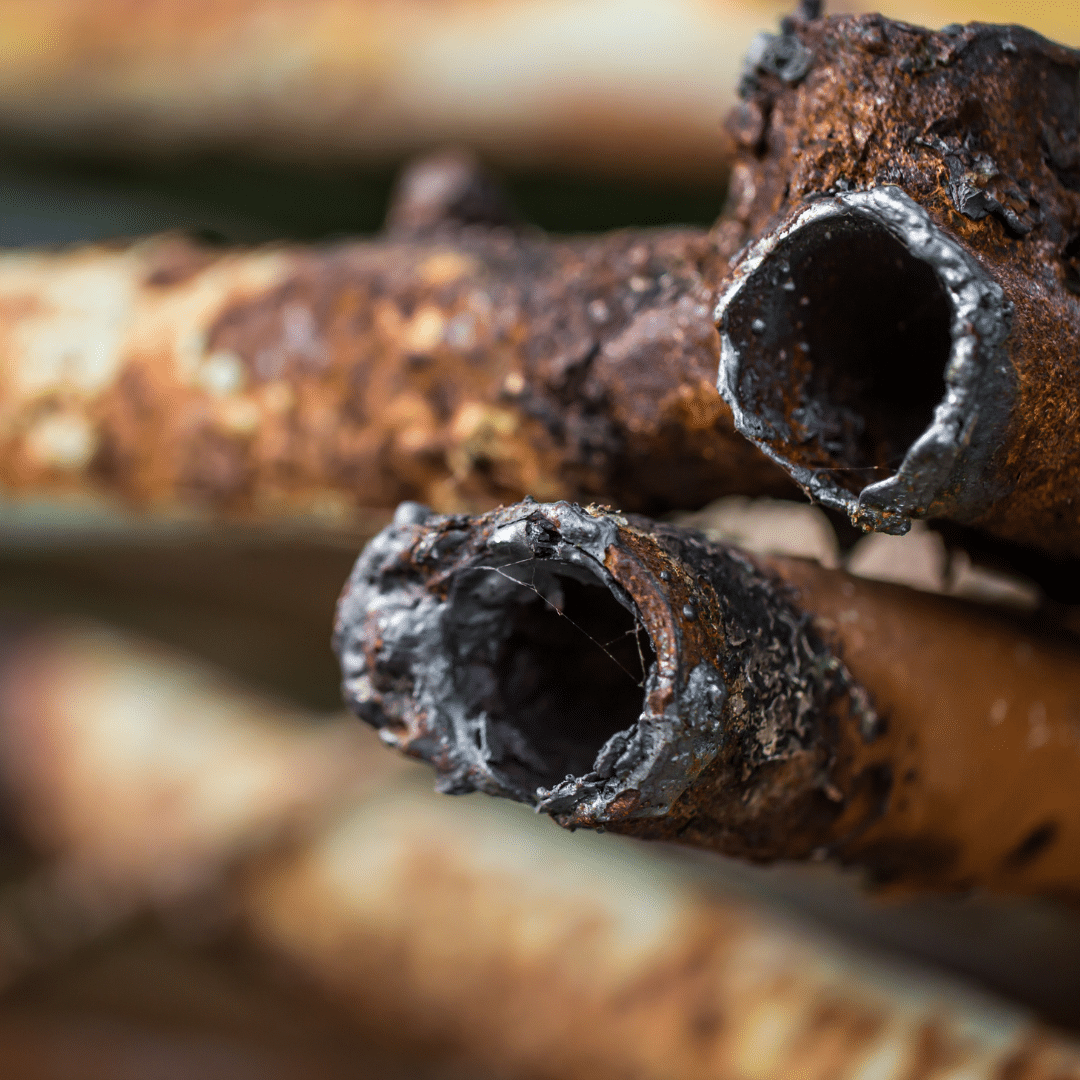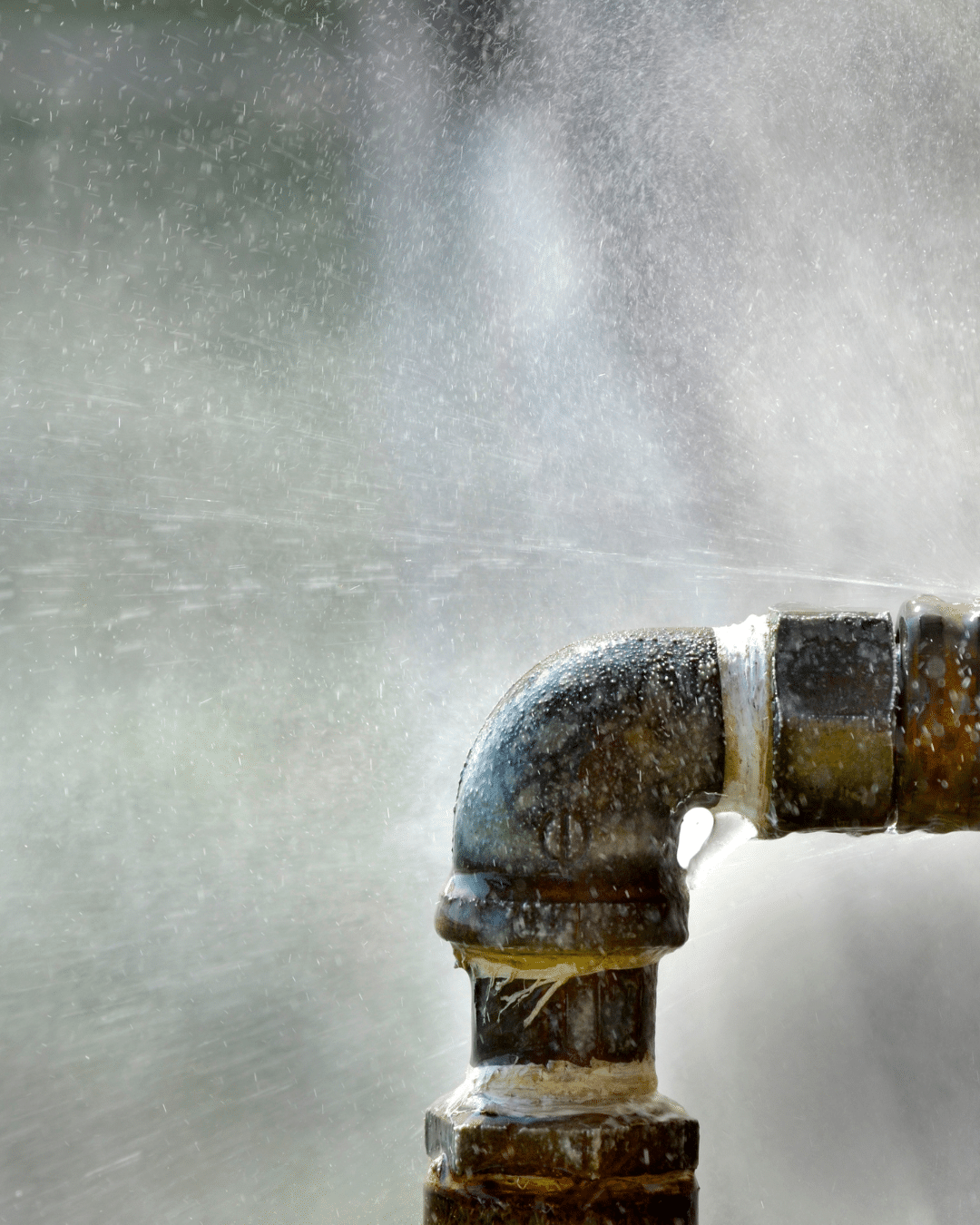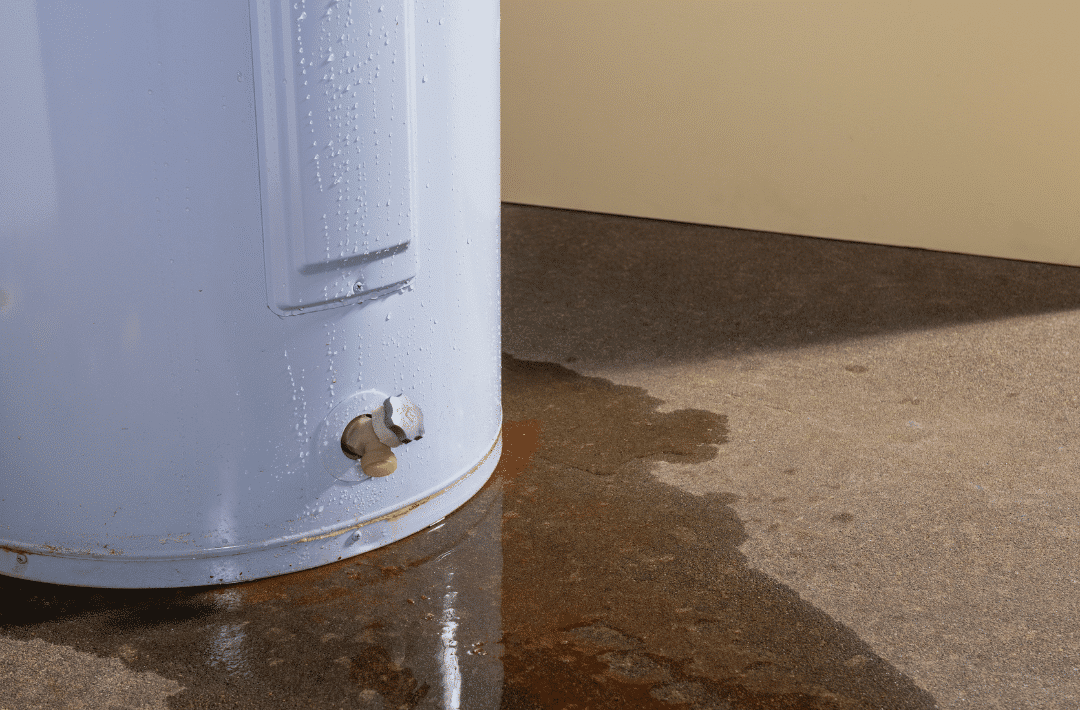How Much Water Damage Can a Hidden Leak Really Cause?
When most homeowners think of plumbing issues, they picture a dripping faucet or a clogged toilet. But hidden leaks — small, undetected breaches in your plumbing system — can lead to massive and costly consequences if ignored. Unlike obvious water emergencies, these silent threats often go unnoticed until the damage is already extensive. In Colorado…


